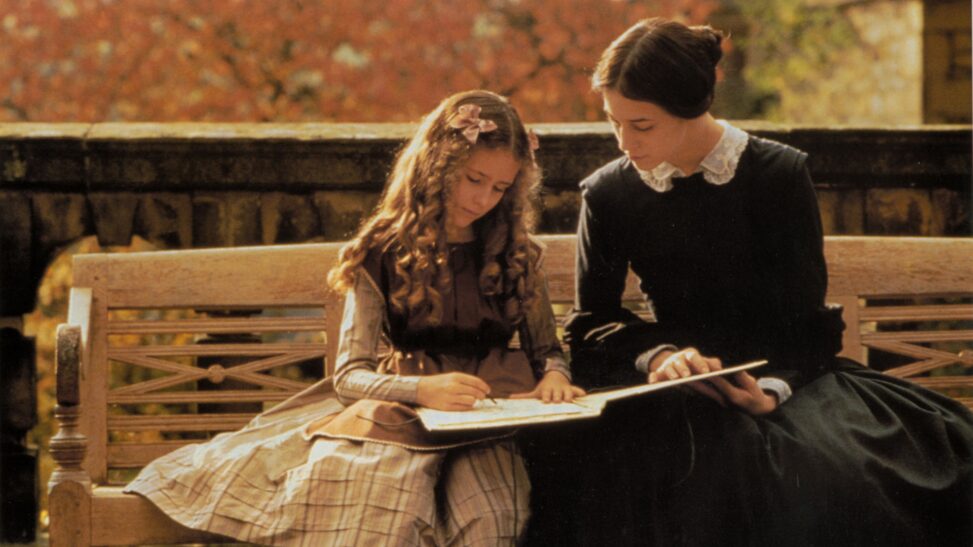Miss. Temple is a kind and protective woman who shows audiences her wisdom in Jane Eyre (2016). She is a teacher at Lowood School, and she represents the opposite of what Mr. Brocklehurst represents. She is a symbol of hope for the children. Miss Temple gains Jane’s loyalty forever when she takes steps to find out whether Jane is indeed a liar. She saw Jane for who she was. The character of Miss. Temple is very simple. She is, however, essential to Jane’s development. She represents someone who takes the time to find the truth about someone and provide them with encouragement and love. Miss. Temple is Jane’s place of refuge; that makes her name so symbolic that she is a “temple” for Jane. Helen describes Miss. Temple is “overall good and very clever” (Bronte 221). Having Helen define Miss Temple this way speaks volumes because she is very fair-minded and admirable towards Jane. As seen in the “Small Parts, Small Players” dossier of Screen, “the members of ensembles play off the received perceptions of themselves held by other cast members and audiences” (90). Throughout the film and novel, Miss. Temple is said to be extremely kind and caring, but almost everyone. Miss Temple’s self-control is a model for Jane until her mentor leaves the school, at which point her influence begins to fade as well as the kind words that describe Miss. Temple’s status and personality are shown through how she looks: “This setting is mainly expressed through wardrobe, which dictates an atmosphere of conformity, bonding and togetherness that enhances the potential of ensemble acting” (93). Miss. Temple’s methodical look creates a precise setting and provides insight into her kind of person even before she starts talking. Miss. Temple’s friendship with Jane teaches jane the sacrifices demanded of women and, once she is beyond their influence, quickly learns independence, Miss. Temple showed Jane what an independent and strong woman is.
Works Cited
Brontë, Charlotte, and Clare West. Jane Eyre. Oxford University Press, 2016.
Ernest Mathijs, Referential acting and the ensemble cast, Screen, Volume 52, Issue 1, Spring 2011, Pages 89–96, https://doi.org/10.1093/screen/hjq063

Provide Feedback